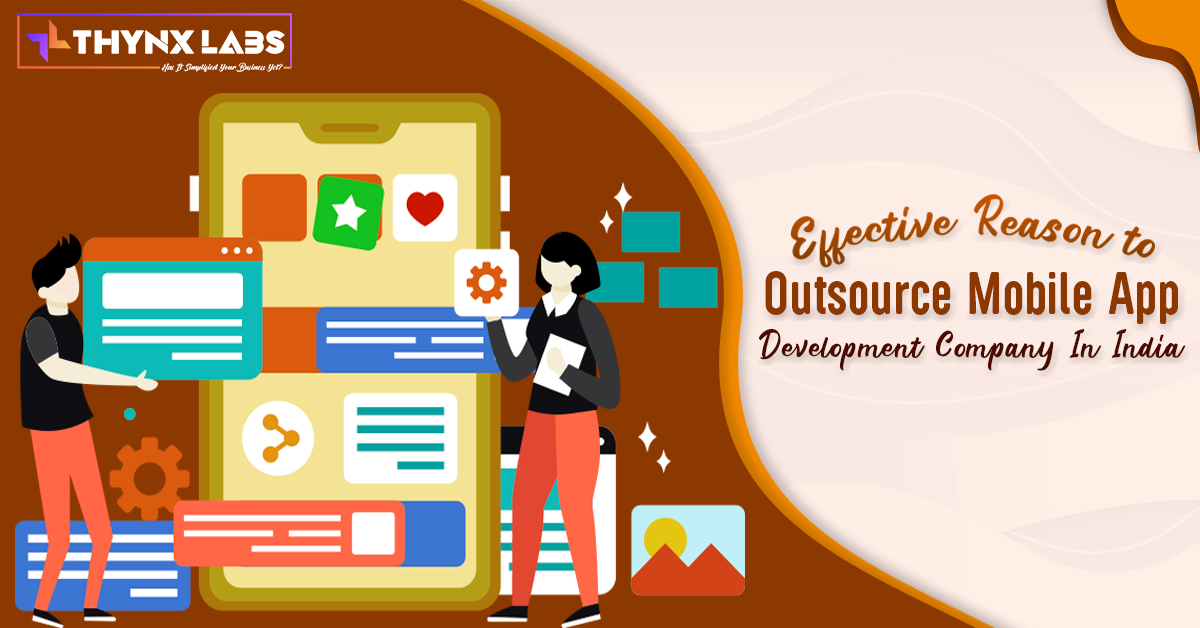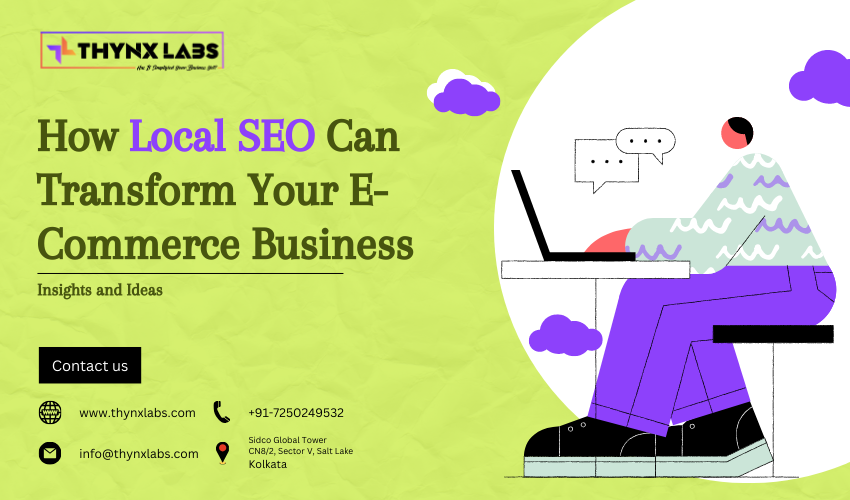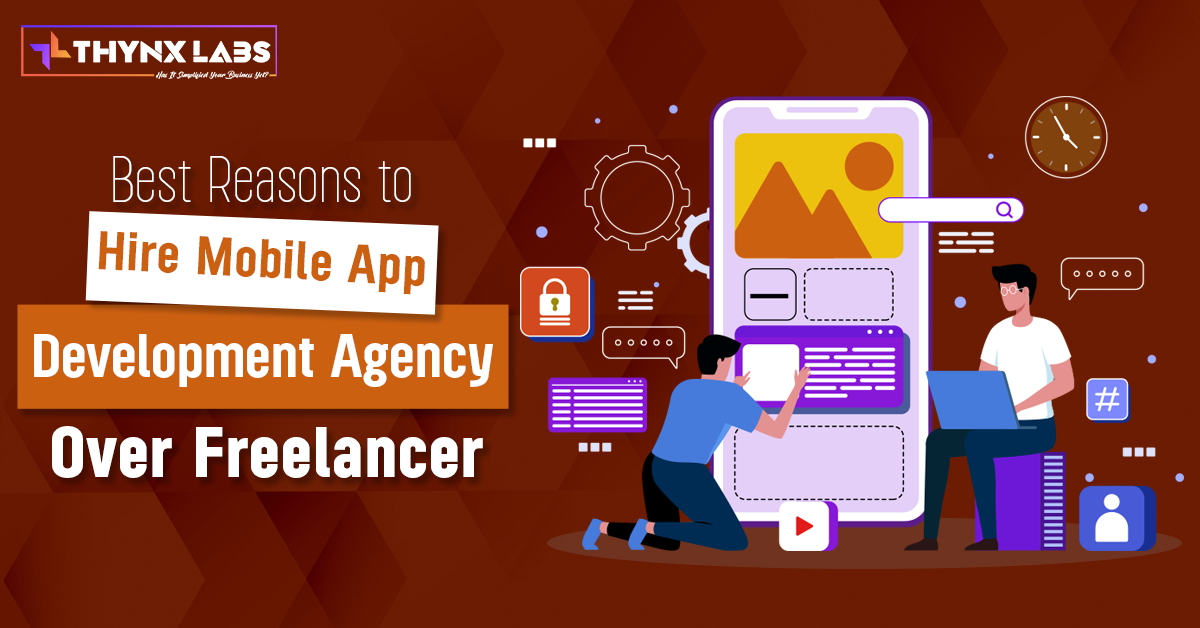Develop an ecommerce app than can be loved by thousands
E-commerce apps have become increasingly popular over the years, with millions of people now shopping online using their mobile devices. However, with so many e-commerce apps out there, it can be challenging to create one that stands out and is loved by thousands. In this article, we'll explore some of the key factors to consider when developing an e-commerce app that can be loved by thousands.
User Experience (UX)
User experience is a crucial factor to consider when developing an e-commerce app. It encompasses everything from the app's design, layout, ease of use, speed, and functionality. When designing an e-commerce app, you should prioritize creating a seamless and intuitive user experience that guides users through the shopping process effortlessly.
One way to ensure a great user experience is to conduct user testing throughout the development process. User testing allows you to identify any potential issues or challenges that users may face when using your app and make necessary improvements.
Mobile Responsiveness
Mobile responsiveness is another crucial factor to consider when developing an e-commerce app. Mobile devices have become the primary mode of online shopping for many consumers, and your app must be optimized for mobile devices. Ensure that your app is responsive across all mobile devices, including smartphones and tablets, and that the user interface is easy to navigate using a touch screen.
Security
Online security is a top priority for many consumers when shopping online, and you must prioritize security when developing your e-commerce app. Ensure that your app uses the latest security protocols to protect user data and prevent cyber attacks. Some security measures to consider include SSL certificates, two-factor authentication, and encryption.
Payment Gateway Integration
Payment gateway integration is a critical component of any e-commerce app. Your app should support a wide range of payment methods, including credit/debit cards, digital wallets, and online payment services like PayPal. Ensure that your app's payment gateway is secure and reliable and provides a seamless checkout experience for users.
Personalization
Personalization is another key factor to consider when developing an e-commerce app. Personalization allows you to create a more engaging and personalized shopping experience for users, which can lead to increased sales and customer loyalty. Some personalization features to consider include personalized recommendations, product suggestions based on user browsing history, and personalized promotions and discounts.
Push Notifications
Push notifications can be an effective way to keep users engaged with your e-commerce app. Push notifications can be used to alert users to new products, promotions, and discounts, as well as to remind them of abandoned carts or products they have expressed an interest in. However, be careful not to spam users with too many push notifications, as this can be counterproductive and lead to users uninstalling your app.
Analytics and Reporting
Analytics and reporting are critical components of any e-commerce app. They allow you to track user behavior, identify areas for improvement, and make data-driven decisions. Ensure that your app integrates with analytics tools like Google Analytics or Firebase Analytics, and that you regularly review and analyze your app's performance metrics.
In conclusion
Developing an e-commerce app that can be loved by thousands requires careful consideration of several key factors, including user experience, mobile responsiveness, security, payment gateway integration, personalization, push notifications, and analytics and reporting. By prioritizing these factors and continually refining your app based on user feedback and data, you can create an e-commerce app that stands out from the competition and is loved by thousands.
FAQ’s
Q.1 How long does it typically take to develop an e-commerce app?
The timeline for developing an e-commerce app can vary depending on the complexity of the app and the development team's expertise. On average, it can take between three to six months to develop an e-commerce app.
Q.2 How much does it cost to develop an e-commerce app?
The cost of developing an e-commerce app can vary widely depending on factors such as the app's complexity, the development team's expertise, and the features and functionality included in the app. On average, it can cost anywhere from $50,000 to $150,000 or more to develop an e-commerce app.
Q.3 How do I ensure that my e-commerce app is secure?
To ensure that your e-commerce app is secure, you should implement the latest security protocols, including SSL certificates, two-factor authentication, and encryption. You should also work with a reputable development team with expertise in e-commerce app development and security.
Q.4 How can I optimize my e-commerce app for mobile devices?
To optimize your e-commerce app for mobile devices, you should prioritize mobile responsiveness, ensuring that your app is easy to use and navigate using a touch screen. You should also optimize your app's design and layout for mobile devices, ensuring that it looks and performs well on smartphones and tablets.
Q.5 How can I ensure that my e-commerce app provides a great user experience?
To ensure that your e-commerce app provides a great user experience, you should prioritize intuitive design and ease of use, ensuring that users can easily navigate and use your app to make purchases. You should also conduct user testing throughout the development process to identify and address any potential issues or challenges that users may face when using your app.
Q.6 How can I personalize my e-commerce app?
To personalize your e-commerce app, you can use a variety of techniques, including personalized recommendations, product suggestions based on user browsing history, and personalized promotions and discounts. You can also collect data on user behavior and preferences and use this data to personalize the user experience.
Q.7 How can I track the performance of my e-commerce app?
To track the performance of your e-commerce app, you should integrate analytics tools like Google Analytics or Firebase Analytics, which can provide insights into user behavior, engagement, and conversion rates. You should regularly review and analyze this data to identify areas for improvement and make data-driven decisions.


